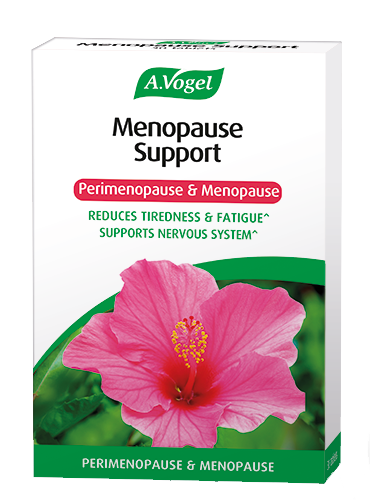Why Is Magnesium So Important?
Magnesium plays a vital role in your overall wellbeing. It’s involved in over 300 processes within the body—many of them linked directly to your nervous system, energy production, and hormonal balance.
That’s why I always recommend increasing your magnesium intake throughout the perimenopause and menopause. It’s one of my top self-care tips, alongside staying well hydrated.
And the feedback I get from women is consistently positive. So many say, “All I did was add a little extra magnesium to my diet, and I feel so much better.” Often, the results come surprisingly quickly, which is wonderful to hear.
Why Does Magnesium Drop During Menopause?
The drop in magnesium is largely due to the hormonal shifts happening in your body.
As hormone levels fluctuate during the perimenopause and into menopause, it places additional strain on the body, both physically and emotionally. Your body begins to use up magnesium more rapidly.
This hormonal imbalance can cause emotional distress, increased stress, and disrupted sleep, all of which deplete magnesium even further. You may struggle to fall asleep or stay asleep, which only worsens fatigue and anxiety.
Digestion can also be impacted during perimenopause and menopause. When your digestive system weakens, your body may not absorb magnesium as effectively. Add to that a diet low in magnesium-rich foods, and you could be heading towards a significant deficiency.
Certain medications—such as proton pump inhibitors for acid reflux—can also inhibit magnesium absorption.
And let’s not forget stress. Stress is one of the biggest drains on magnesium; it gets burned up extremely quickly during stressful periods.
Common Menopause Symptoms Impacted by Low Magnesium
If you’re not getting enough magnesium, you may notice some of the following menopause symptoms can trigger or get worse:
- Sleep disruption – struggling to fall or stay asleep
- Mood changes – anxiety, low mood, or emotional ups and downs
- Palpitations or panic attacks – often linked to low magnesium
- Leg cramps – especially painful during the night
- Low energy and fatigue – feeling unmotivated or constantly drained
- Poor bone health – even if calcium intake is sufficient, low magnesium can weaken bones. Remember, magnesium works alongside calcium and vitamin D to keep bones strong and healthy. So even with enough calcium, low magnesium could still be putting your bone health at risk.
Which Magnesium Should You Take?
Choosing the right type of magnesium can be confusing, as there are so many forms available. Here’s a quick guide to help you decide:
- Magnesium Citrate
A good all-rounder and the one I personally take. It’s also helpful if you’re prone to constipation. However, if you have a sensitive stomach or tend towards diarrhoea, this may not be the best choice. - Magnesium Glycinate
Gentle on the digestive system. Ideal for calming the body and managing stress. - Magnesium Taurate
Helpful for sugar cravings and good for heart health. - Magnesium Malate
A great option if you’re experiencing chronic fatigue. It helps boost energy levels. - Magnesium Spray
Handy for leg cramps. Simply spray directly onto the affected area for relief.
How Much Magnesium Do You Need?
In the UK, the recommended daily allowance (RDA) for women over 50 is around 320mg. But from my experience, many women in perimenopause and menopause benefit from a little more.
I typically recommend 120–200mg, twice a day, with a maximum intake of around 400mg daily. During times of high stress, you may need slightly more, but only for short periods.
Don't Forget Dietary Sources
While supplements can help, dietary sources are ideal because your body absorbs them more easily.
Try to include plenty of:
- Dark green leafy vegetables
- Nuts and seeds
- Whole grains
- Legumes
For a full list, a quick online search will give you lots of inspiration. Adding more magnesium-rich foods to your meals can make a noticeable difference—often quite quickly.
Menopause Support
We know how essential magnesium is during the perimenopause and menopause, which is why we’ve even included it in our Menopause Support tablets. This is a combination supplement which also includes soy isoflavones and hibiscus for added support.
A.Vogel Menopause Support | For Perimenopause, Menopause & Postmenopause Symptoms
£8.99 (30 tabs) In Stock
Share with us
If you’ve already started taking magnesium, I’d love to hear from you. What differences have you noticed? How quickly did you feel the benefits?
Your stories can really help others who might not have considered magnesium yet.
Have a lovely week, and I’ll see you again soon.
You may also be interested in:
5 common vitamin & mineral deficiencies in menopause
How magnesium, soy isoflavones and hibiscus can help ease menopause symptoms







